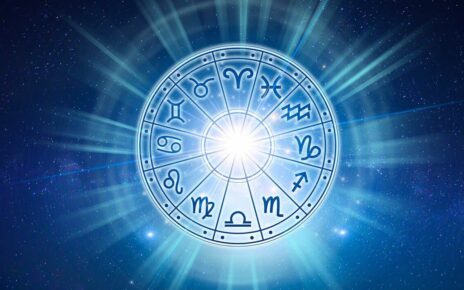Singer Normani recently shared a vulnerable moment about discovering her mom, Andrea Hamilton, was diagnosed with breast cancer for the second time. Her mother first beat cancer 19 years ago but found another lump on her breast in 2020.
“I was in Los Angeles when I found out my mom had been diagnosed with breast cancer again. My family was back in Houston. Three weeks earlier, when I was visiting my mom at home, she’d fallen into my arms expressing how scared she was,” the X Factor contestant wrote. “She had a gut feeling about the results. I felt incredibly helpless because I wasn’t able to cure her.”
The MTV Video Music Award winner struggled with seeing her mom in such a vulnerable place, especially because she knows her to be independent and self-sufficient. “Seeing her break down and not be able to function was really painful.”
The “Worth It” singer is an American Cancer Society ambassador, which is understandable considering how close to home the disease is. Despite this being an incredibly hard thing to go through as a daughter, Normani has found a silver lining—the importance of examining your breasts regularly.
“I watched my mother find her own lumps both times she had breast cancer,” the 26-year-old wrote. “She taught me the importance of looking out for changes in your breasts and educated me on what mammograms were at an early age.”
According to the National Cancer Institute, for women, the top three most common forms of cancer are breast, lung, and colorectal cancer. They comprise 50% of new cancer diagnoses among women in 2020. One of the best preventative methods is to get regular mammograms. The American Cancer Society recommends you begin thinking about screening at 40 and make it an annual visit once you reach 45. That said, cancer is something anyone of any age can get.
Aside from your annual visits, it’s good practice as Normani states to check your breasts on your own through a breast self-examination. This comprises using the pads of your three middle fingers to feel your breast tissue and check for lumps, changes in symmetry, or dimpling. If you have daughters, it may be good practice to teach them to self-examine their breasts also as Normani’s mother has done.
“I also encourage anyone who has a family member with cancer to see that your family talks to a doctor about genetic testing,” Normani added. “We have taken these measures as a family. Knowledge is power, so whatever you don’t know, don’t be afraid to ask.”
Source: Read Full Article

